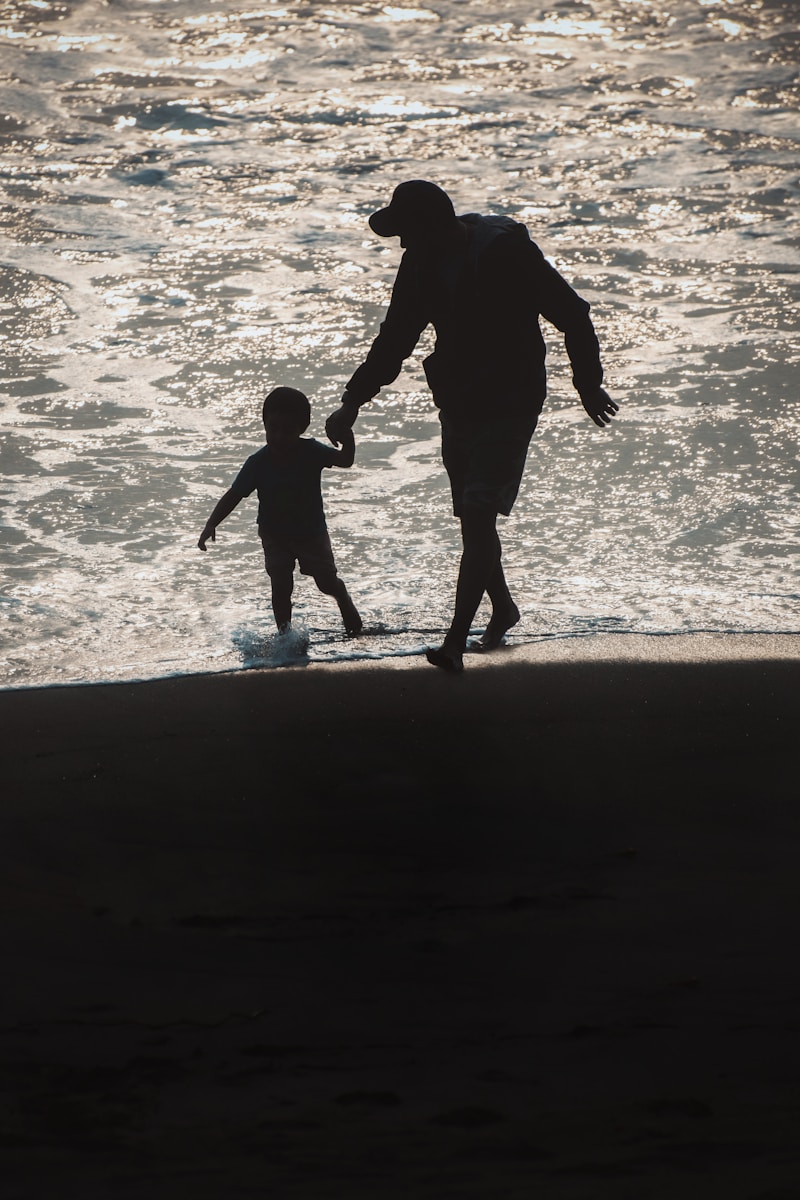By Nurul Huda Mohd Fauzi
Parenting is often seen as the mother’s main job in many collectivist societies like ours, especially when it comes to caring for a child’s emotions. Fathers are usually expected to focus on providing for the family or being the disciplinarian. But as conversations about mental health become more common and urgent, it’s becoming clearer that fathers actually play a bigger role than we might think, especially in shaping their children’s emotional growth during the teenage years.
Recently, rising cases of anxiety, depression, and low self-esteem among Malaysian teenagers have made me wonder how much fathers really influence their children’s mental health. What kind of parenting helps most in a culture that values obedience, respect for elders, and family harmony?
That’s why I found Dr. Amira Najiha Yahya’s research so interesting. As an Early Childhood Education student, I’ve always focused on the importance of nurturing in the early years. But her study made me realise that fatherly care still matters a lot as children grow older. Dr. Amira and her research team explored how different fathering styles — things like warmth, discipline, and cultural parenting approaches — affect adolescents’ well-being in Malaysia.
The results were eye-opening. Teenagers who felt warmth from their fathers, such as receiving affection, encouragement, and having open conversations, reported higher self-esteem and better mental health. In contrast, those who faced harsh or overly strict discipline tended to show more negative emotional outcomes. It’s a reminder that fathers’ emotional support can make a real difference, even in a culture where parenting is often top-down.
Another interesting point from the study was about culturally rooted parenting, especially something called guan parenting. It’s a common approach in many Asian families that focuses on guidance, training, and close supervision. At first it may sound strict, but Dr. Amira found that when it’s done with empathy and warmth, it can actually help teenagers feel more satisfied and connected to their families. It strengthens values like respect, gratitude, and loyalty.
I also learned that a father’s education level can make a difference. Other studies, like one by Keshavarz and Baharudin, showed that more educated fathers are often better at combining discipline with emotional support. This kind of balanced parenting helps teenagers develop stronger self-control and resilience.
Reading all this made me think about how we can support fathers better. Many parenting programmes and workshops, especially in early childhood settings, are still focused mostly on mothers. But if we really want to support children’s long-term mental health, fathers need to be included too. They need to be informed, encouraged, and empowered to play an active role.
The message is simple: good fathering isn’t just about setting rules, it’s about building relationships. When fathers are emotionally present, culturally aware, and consistent, their children are more likely to do well emotionally and socially. As future educators, we should help by creating more opportunities for fathers to be involved — in early education settings, in workshops, and in conversations about family well-being.
Dr. Amira’s research is a good reminder that fatherhood, especially in a collectivist society like ours, is a powerful force for emotional stability. Even small moments can shape a teenager’s confidence and well-being for years to come.
The author is an undergraduate student of Universiti Malaya, taking an elective university course entitled “Introduction to Journalism and Storytelling in Digital Age”, and may be contacted via nahrizuladib@um.edu.my
